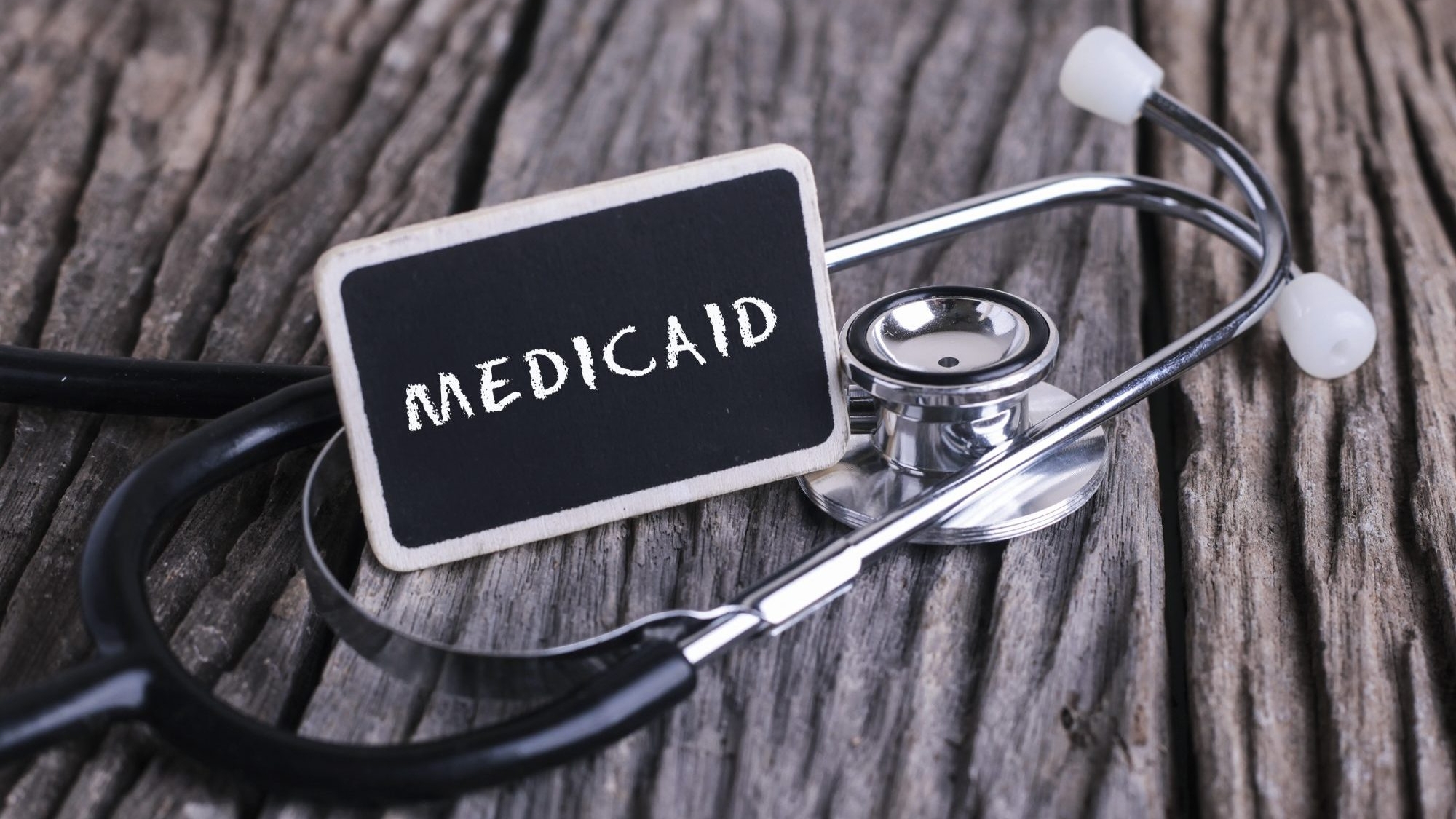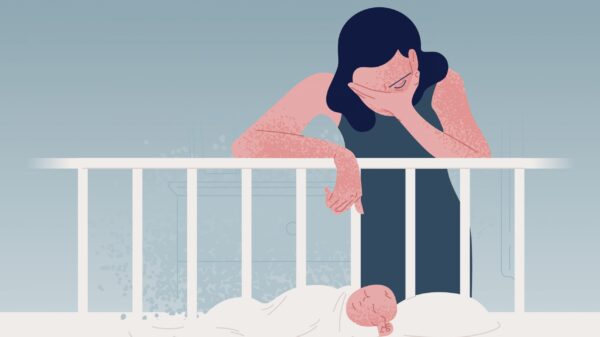Since the federal government implemented the COVID-19 public health emergency in January 2020, it’s been renewed several times.
It’s expected to be renewed again in July, but experts are uncertain when it could end, and when it does, more than 15 million people could lose their health coverage through Medicaid.
That’s why Alabama Arise and its national partners at the Center on Budget and Policy Priorities are working to reduce the number of people who might lose that courage by noting ways the federal government, and states, can make it easier for people to find new coverage or reapply for Medicaid.
“Alabama Arise is working to limit the health coverage losses that may occur when the public health emergency declaration ends,” Arise’s Cover Alabama campaign director Jane Adams said in a statement. “A massive number of renewals will test the system. Every level of government, the health care industry and community partners should help ensure the declaration’s end doesn’t push thousands of Alabamians into the ranks of the uninsured and increase our state’s already significant health disparities.”
The Families First Coronavirus Response Act, signed into law in March 2020, made it possible for those enrolled in Medicaid to keep that converge throughout the period of the public health emergency, despite any changes to their income.
“This provision prevented millions of people from losing their coverage if their income changed, if they didn’t receive a state notice asking them to submit eligibility information, or a state agencies that were also overwhelmed by the pandemic failed to properly process that paperwork,” Sarah Lueck, vice president for health policy at the Center on Budget and Policy Priorities, told reporters during a briefing Wednesday.
But one the public health emergency ends, Medicaid agencies will have to conduct rules on their entire caseload, and end coverage for those no longer eligible, a process often referred to as unwinding, Lueck said.
“When this occurs, more than 15 million people are at risk of losing coverage,” Lueck said.
Jennifer Wagner, director of Medicaid eligibility and enrollment at the CBPP, explained to reporters that the group experts are most concerned about are those who might remain eligible for Medicaid, but who are at risk of losing that coverage because of paperwork issues.
“They might have moved during the pandemic and won’t receive the renewal, or they may receive it but have trouble understanding the lengthy form, or not know what actions they have to take to keep getting coverage,” Wagner said. “There’s also a reasonable risk that a Medicaid agency, understaffed and overwhelmed by this huge increase in workload, will fall behind in answering calls and processing paperwork, and then people who do everything right, they still lose coverage.”
States could invest to make sure those vulnerable people don’t lose health care, Wagner said.
“Things like texting clients and streamlining the renewal process will be valuable well beyond the pandemic, and reduce workload while improving customer service,” Wagner said. With more than 15 million people possibly losing their health coverage, the stakes are high, she said.
Those administrative burdens that are part of a poorly executed renewal process fall disproportionately on people of color, Wagner said, who are more likely to rely on Medicaid due to historic discrimination and over- representation in low wage work.”
Farah Erzouki, senior policy analyst at the CBPP, said Medicaid enrollees are going to face a variety of challenges as unwinding approaches, and during the unwinding process, that will make it harder for them to stay covered, or successfully enroll in other forms of coverage.
“To make the process easier for enrollees, states should prioritize three core areas as they look to the end of the PHE. The first, reaching and communicating effectively with enrollees. Second, conducting a streamlined renewal process and third, helping individuals who are no longer eligible for Medicaid successfully transitioned to other types of coverage,” Erzouki said.






















































